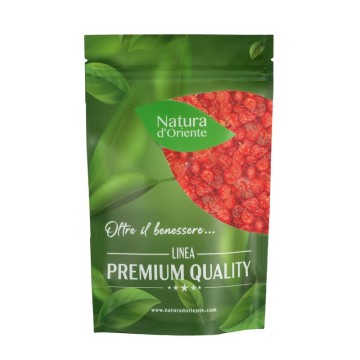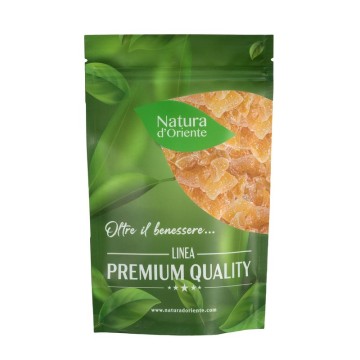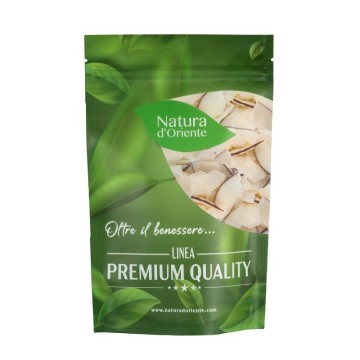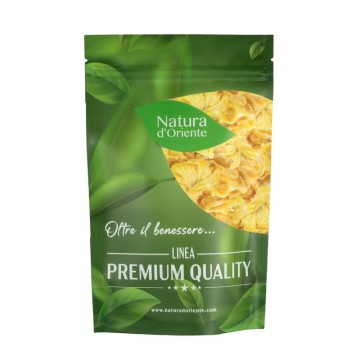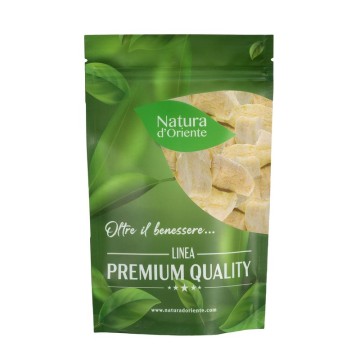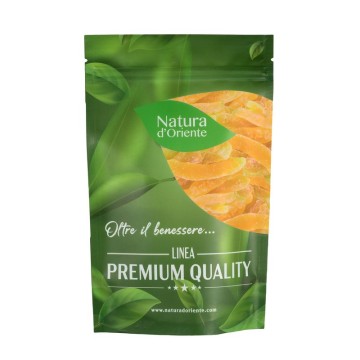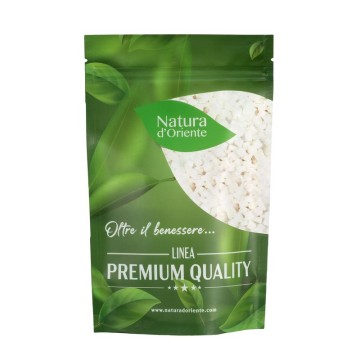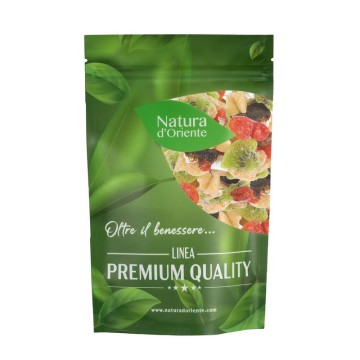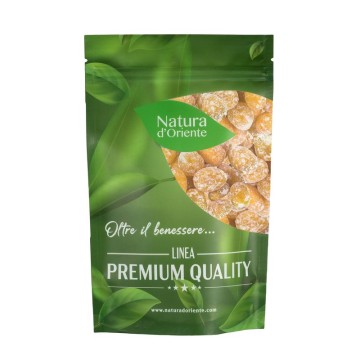Dehydrated red fruits
Red berries, or berries, are among the healthiest foods you can introduce into your diet. They're delicious, nutritious, and provide a host of impressive health benefits. The most famous red fruits that we include in our packaging are cherries, red or dark berries, black cherries, strawberries.
Dehydrated red fruits: properties and benefits.
Red fruits are extremely useful for our health, being an excellent source of vitamins, as well as rich in antioxidants strong>. Different red fruits show even different benefits, depending on their composition, and the synergy between them in a single package is very precious.
Speaking of antioxidants, in fact, we know that both red berries and fruits such as strawberries and cherries, contribute to a good intake of these substances in the body. Antioxidants are elements that help keep free radicals under control, curbing their action of damaging cells.
Red fruits are a great source of antioxidants, such as anthocyanins, ellagic acid and resveratrol. Cranberries and raspberries have one of the highest antioxidant activity of commonly consumed fruits. The intense red color that these fruits have, in many cases is due to the presence of anthocyanins, as in cherries.
In terms of vitamins, red fruits make various substances available such as vitamin C, A or K, and strawberries, for example, are also rich in potassium and folate, while raspberries also contain quercetin and ellagic and gallic acid. They have, together with other dried red fruits, moderate quantities of zinc, niacin, potassium and a wide range of polyphenic phytochemicals (antioxidants) such as tannins, phenolic acids and flavonoids
Vitamin There is an antioxidant that helps improve the functioning of the immune system. Furthermore, a dose of dehydrated red fruits and raspberries in particular, as part of a balanced diet can help reduce LDL cholesterol levels (low density lipoprotein), thanks to the presence of fibres.
Furthermore, vitamin C is also useful for the beauty of the skin, helping to reduce wrinkles, together with ellagic acid, which appears responsible for some of the skin-related benefits of berries.
Berries and red fruits are a good source of soluble fiber, which slows the movement of food through the digestive tract, leading to a feeling of satiety.
For an energy diet, the berries are extremely nutritious and suitable for creating bars intended for nutrition before and after physical activity.
Origins and History of cultivation
Almost all the cultivation of these fruits are recent, because for millennia both berries and fruits such as strawberries and cherries have been harvested from spontaneous plants.
In the last two or three centuries, more organized cultivations have been born for some red fruits, which are then subjected to the drying process.
These dehydrated red fruits are such because, although they can be consumed in a well-defined period fresh fruit of the year, it is much more convenient to find all the fruits in a mix, with the nutrients being retained even after the drying process.
Drying fruits is an ancient practice, known for thousands of years: the fruits were dried in the sun and in the air, and in some cases in the heat, to be preserved.
In more recent times, various industrial procedures or artisanal ones are able to dehydrate the fruit in a convenient way, to facilitate their transport.
Industrial dehydration, born in the early twentieth century, can be carried out with various practices, exploiting the principles used for centuries - the it is important that it maintains the original organoleptic properties of the fruit intact.
Some red fruits are dehydrated and preserved, to get anywhere in the world and enrich our diet. An advantage of this process is that of being able to give life to these mixes of dehydrated red fruits, which combine both berries and strawberries and cherries, to enhance their individual benefits.
Foods in some cases are called candied fruit , when preserved by immersion in a sugar syrup.
Plant and Fruit
The proposed mix of red fruits contains cherries, red fruits, sour cherries, strawberries.
These are foods that come from different regions, and which in some cases are part of similar species such as black cherries and cherries, or wild berries (lamponi, blueberries, etc.).
Nutritional values of dehydrated red fruits
We have seen that these fruits contain various antioxidant substances, which are preserved despite dehydration.
Since it is a mixed pack, the dehydrated fruit includes foods that have different characteristics, and for this reason the sugar content and calorie count may vary.
In any case, the individual fruits contain abundant amounts of fiber, vitamins (C, A, K), minerals such as potassium and manganese.
Compared to fresh fruit, dehydrated fruit has a higher sugar content and calories are also higher, while the concentration of some nutrients is enhanced by the elimination of water.
How to consume or use dehydrated red fruits in cooking
These berries and fruits are delicious, thought either as a snack or a dessert thanks to their nuances of taste.
For the breakfast, it can be tempting to try red fruits with plain yogurt, ricotta or ricotta cheese.
Another way to include dried berries in your diet is as part of a salad or mix of cereals and nuts.
You can add them as decoration to your cake, muffin or cupcake, to ice creams and frozen desserts. They even fit perfectly with pudding. No matter how you consume them, these red fruits will deliver their health benefits.
Like other fruit specialties, the mix of dried red fruits can become an excellent energy snack for sportsmen, rich in antioxidants.
Excellent mix as a hunger-busting snack, for the satiating fibers and the beneficial substances that the individual fruits provide.
Dehydrated red fruits: side effects and contraindications
There are few contraindications to taking dried fruits in the correct quantities, unless there is an intolerance or allergy to one of the fruits present in the mix. Recall that allergic reactions to strawberries are the most common.
People who need to avoid too many berries are those requiring a low-fiber diet for certain digestive disorders. Furthermore, excessive use is also not recommended for those suffering from diabetes, due to the possibility of an increase in blood sugar, due to the sugars included in the package of dehydrated red fruits.

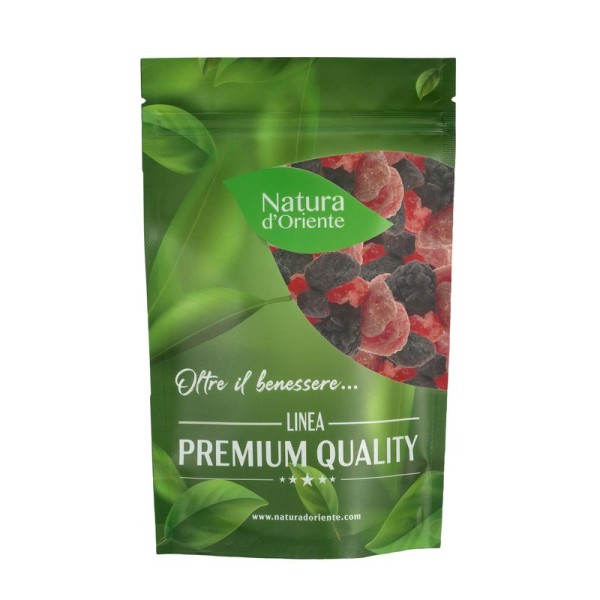









 No reward points for this product.
No reward points for this product.


